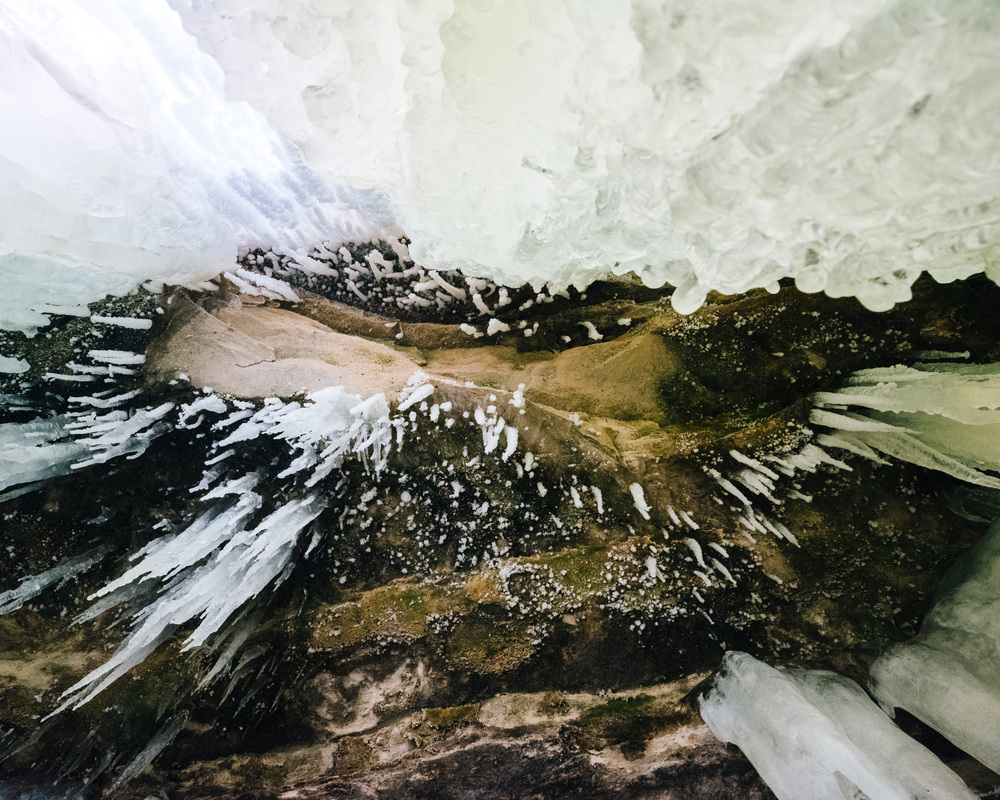Historical Literacy SkillsHistorical literacy skills should be the foundation of any history class. These skills are interchangeable between grades and subject. History is no longer about memorizing facts (Names, dates, events, etc), but analyzing the sources to draw conclusions about history based on the evidence. Students will be able to analyze, think critically and become historians using these basic historical literacy skills.
The best place to get started using historical literacy skills is SHEG - Stanford History Education Group. Beyond the Bubble has some really great DBQs [Document Based Questions] Assessments Information on this page comes from the SHEG website
|
|
|



